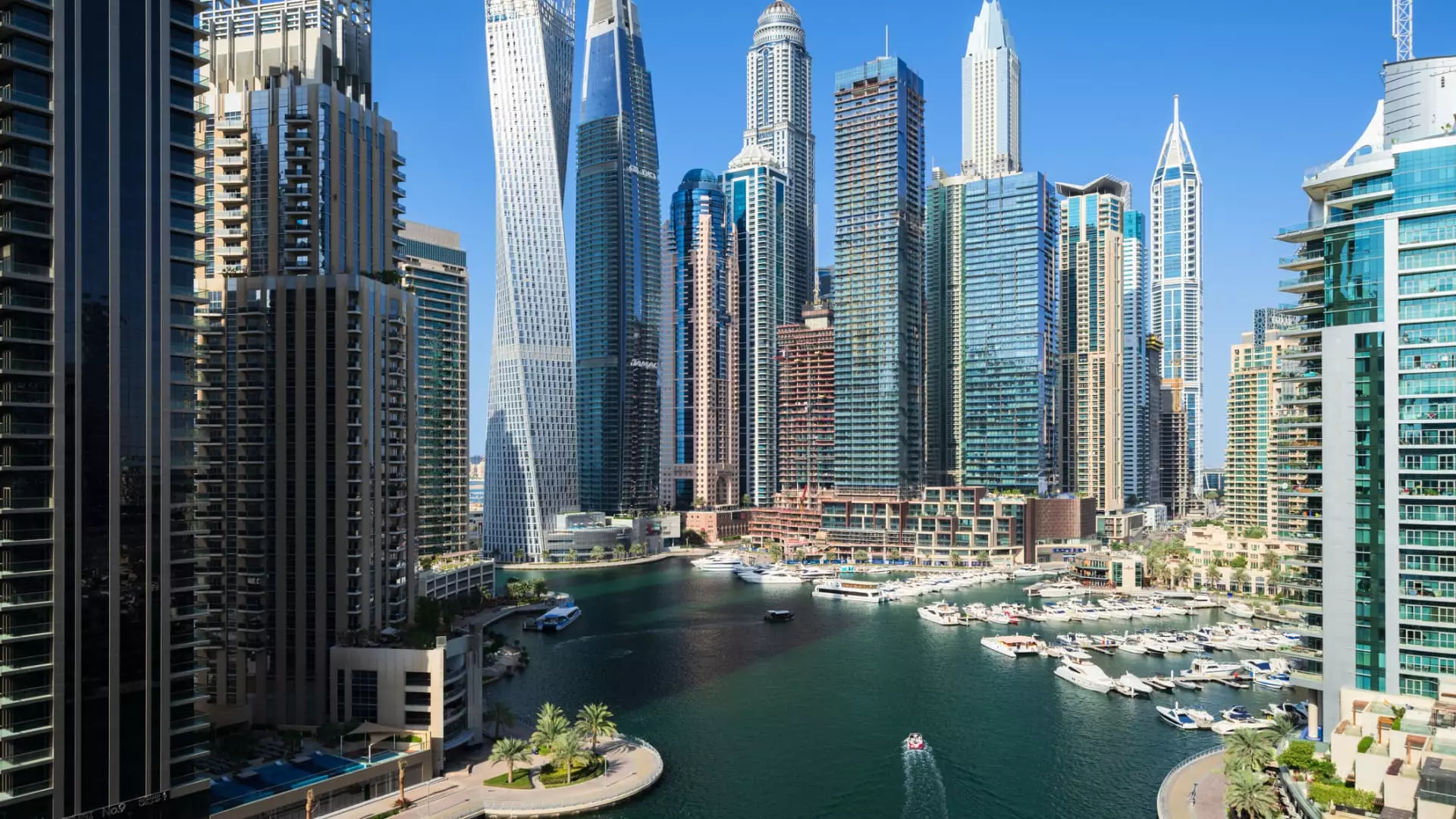In recent years, the trends surrounding wealth migration have undergone a substantial transformation, with the United Arab Emirates (UAE) solidifying its position as the leading magnet for affluent individuals. According to the latest Henley Private Wealth Migration Report, the UAE is poised to attract a remarkable influx of high-net-worth individuals (HNWIs) in 2024, continuing a pattern observed for the past two years. In stark contrast, the United Kingdom (UK) faces a projected decline of 17% in its millionaire population by 2028, as reported by UBS. Understanding these shifts can illuminate the factors that drive the wealthy to relocate and the consequences for both regions involved.
The allure of the UAE as a destination for the wealthy stems from a combination of socio-economic factors that cater specifically to high-net-worth individuals. Notably, the country is renowned for its tax-free environment, luxurious lifestyle options, and a rapidly diversifying economy. The Henley report anticipates that approximately 6,700 millionaires will relocate to the UAE by the end of 2024, nearly twice as many as those expected to move to the US, the second-most popular destination. This influx can be attributed not only to the appealing financial landscape but also to strategic reforms promoting international residence and investment.
The golden visa program, which allows long-term residency for foreign nationals, is one of the key elements enhancing the UAE’s attractiveness. For individuals seeking stability, Dubai’s commitment to safety and its modern infrastructure present an idyllic living environment. Furthermore, the recent implementation of comprehensive regulations in the wealth management ecosystem has established a robust framework that assures affluent individuals that their wealth will be managed securely and effectively.
Conversely, the UK finds itself at a pivotal moment where the policies and political climate may deter its wealthy residents. With a projected drop from over 3 million millionaires to approximately 2.5 million by 2028, the shift away from the UK signifies a critical concern for its economic landscape. The recent electoral triumph of the Labour Party signals impending tax reforms aimed at increasing government revenue, including potential levies on private school tuition. These proposed changes create an environment that encourages affluent residents to consider relocating to more favorable jurisdictions, such as the UAE.
Another factor influencing this exodus is the imminent phase-out of the UK’s “non-dom” status, a tax arrangement that allowed wealthy individuals to avoid British taxes on foreign income. As this advantageous status no longer persists, many affluent individuals are reevaluating their residency options, seeking tax efficiency and lifestyle enhancements abroad.
The migration of high-net-worth individuals is shaped by both push and pull factors. Individuals from the UK are pushed away by the threat of increased taxation and a perceived contraction in personal financial freedom. In contrast, the UAE serves as a beacon of opportunity, pulling them with its promise of financial leniency, an enticing lifestyle, and democratic freedoms that allow for personal growth and investment opportunities.
In conversations with regional investors, such as Karim Jetha, it’s revealed that the factors compelling millionaires to migrate are multifaceted. Safety, tax incentives, and accessible visa requirements are juxtaposed with the threats posed by an uptick in governmental fiscal policies back home, leading to this migratory trend.
The broader implications of this migration pattern are significant, not just for the nations involved but globally as well. As countries like the UAE emerge as havens for the wealthy, they potentially reshape global economic dynamics, income distributions, and even cultural landscapes. Recognizing these trends provides critical insights into how governments might adapt to stem the tide of wealth flight.
Condensing this analysis, the contrasting trajectories of the UAE and the UK exemplify the intricate relationship between governmental policies, economic environments, and the on-the-ground realities faced by high-net-worth individuals. In a world increasingly involved in migration and wealth preservation, the importance of understanding these shifts cannot be overstated, as they may set the tone for future economic considerations.


Leave a Reply